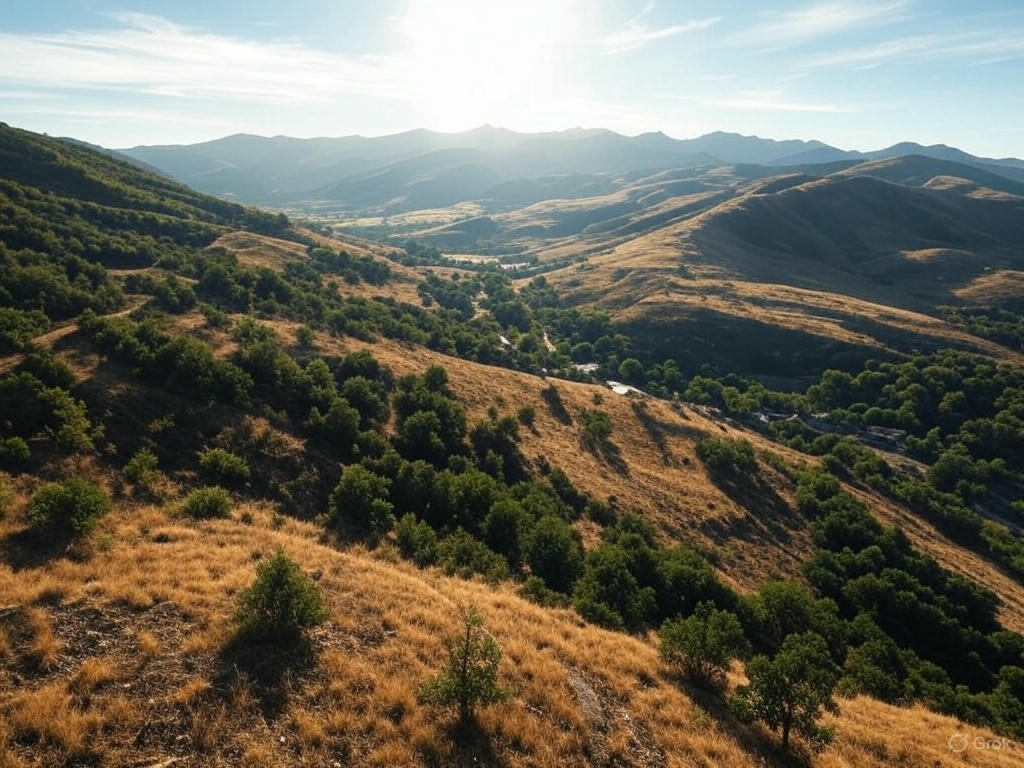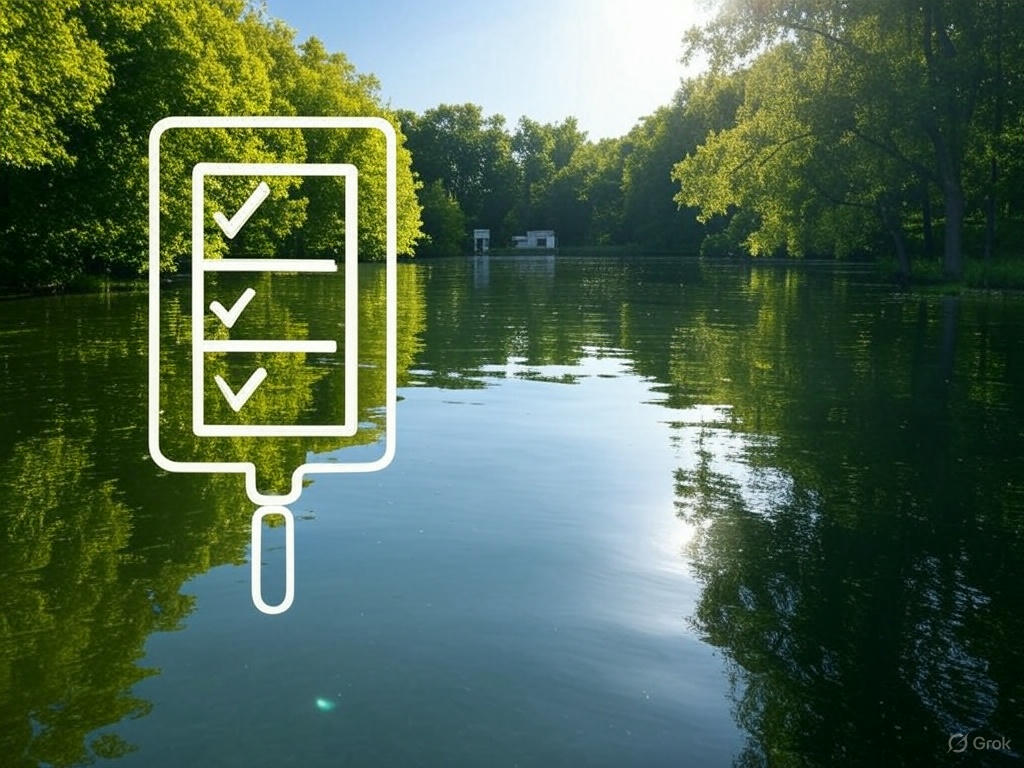An Experienced Realtor’s Guide to Buying Raw Land in Southern Colorado
When people think about buying property, they often picture ready-to-move-in homes or fully developed lots. But is raw land a good investment? More and more buyers are exploring this option as a smart way to build wealth. Whether you’re dreaming of owning land for a future home, a private getaway, or as a pure investment, there are important factors to consider before you buy.
As a Realtor in Southern Colorado, I’ve handled many raw land investment deals. Some buyers are drawn to the potential for profit, while others want space and freedom. Either way, knowing what to expect will help you make the right decision.
What Is Raw Land?
At its core, raw land is exactly what it sounds like—land that hasn’t been developed. There are no utilities, no roads, and no buildings. It’s essentially a blank canvas waiting for you to decide what to do with it.
The appeal of raw land investment is huge. Whether you want a weekend retreat, a homestead, or just to hold land as an appreciating asset, the potential is there. But before you get too excited, let’s break down the pros and cons.

The Pros of Buying Raw Land
You might be wondering, “Is raw land a good investment compared to buying a house?” Here are a few reasons why raw land could be the right choice for you.
1. It’s an Affordable Investment
Raw land is generally much more affordable than developed property. I’ve helped clients find 5 to 10-acre investment parcels in the San Luis Valley for a fraction of what they’d pay for a developed lot.
I had a client who bought a 40-acre lot as an investment for around $60,000. Fast forward a few years, and that same land has nearly doubled in value. Raw land appreciates over time, especially in areas with increasing demand for outdoor space or development opportunities.
2. Endless Possibilities
Unlike developed properties, raw land investments give you complete freedom to create what you want—whether that’s a private retreat, a farm, or an off-grid home.
A couple I worked with purchased a 10-acre parcel near Blanca with the dream of building a sustainable, off-grid home. They installed solar panels and a water collection system, making their vision a reality.
3. Privacy and Space
If you’re looking for peace and quiet, raw land investments are hard to beat. No noisy neighbors, no HOA rules—just you and your land.
I’ve helped clients buy riverfront land overlooking the Rio Grande, where they enjoy privacy and stunning views of the Sangre de Cristo Mountains. It’s the perfect setup for those who want to escape the hustle and bustle.
The Cons of Buying Raw Land
While the benefits are exciting, is raw land a good investment for everyone? Not necessarily. There are some drawbacks to be aware of.
1. Lack of Infrastructure
Raw land doesn’t come with utilities, so you’ll need to factor in the cost of installing electricity, water, and septic.
One of my clients bought a 40-acre lot and had to install a well, which cost around $15,000. It was an essential step in making the property livable, but it’s something buyers should budget for.
2. Zoning and Permitting Challenges
Even though Southern Colorado has plenty of wide-open spaces, raw land investments still have zoning laws and building restrictions.
A buyer I worked with wanted to build a cabin near Alamosa but later found out the land was zoned for agriculture. He had to apply for a special permit, which delayed his plans by several months.
3. Limited Financing Options
Banks are hesitant to finance raw land investments, meaning you’ll likely need a larger down payment or be prepared for higher interest rates. If you’re paying cash, this won’t be an issue—but if you need a loan, expect a more challenging process.
4. Access and Property Rights Issues
Not all raw land comes with legal access, and some parcels are landlocked. Always verify that the property has a recorded easement before buying.
I once had a client fall in love with a 20-acre lot, only to discover there was no legal access. We had to negotiate with a neighboring landowner, which took weeks and added unexpected costs.
Key Things to Consider Before Buying Raw Land
Before making a raw land investment, ask yourself these key questions:
1. Location Matters
- How accessible is the land?
- Can you easily get supplies?
- Is it usable year-round, even in winter?
2. Land Features
- Is the terrain suitable for your plans?
- Will you need to clear trees or level the land?
3. Water Rights in Colorado
- Not all land comes with water rights! Always verify if you can drill a well or have access to existing water sources.
So, Is Raw Land a Good Investment?
Raw land can absolutely be a great investment—if you’re prepared for the challenges. The affordability, long-term appreciation, and flexibility make it appealing. But the lack of utilities, zoning restrictions, and financing hurdles mean it’s not for everyone.
If you’re looking for a profitable raw land investment in Southern Colorado, make sure to do your research, consult experts, and work with a Realtor who knows the area.

Need Help Finding the Right Raw Land Investment? Let’s Talk!
Thinking about buying raw land in Southern Colorado? Let’s chat! I’d love to help you find the perfect parcel for your goals. Reach out today, and let’s get started.




